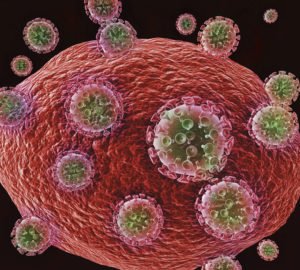Australian officials made headlines this week when they announced that AIDS was no longer an epidemic in their country, but New Zealand researchers warned against complacency.
 The Australian Federation of AIDS Organisations (AFAO) announced that with the extraordinary progress made against AIDS, it is now possible to “virtually eliminate” HIV infections in Australia.
The Australian Federation of AIDS Organisations (AFAO) announced that with the extraordinary progress made against AIDS, it is now possible to “virtually eliminate” HIV infections in Australia.
Head of the HIV Epidemiology and Prevention Program at the Kirby Institute Professor Andrew Grulich said there were still more than 1000 new HIV diagnoses each year in Australia. But with new prevention tools, “Australia has a real chance of both consolidating our tremendous progress against AIDS and reaching the ambitious goal of virtual elimination of HIV transmission by 2020”.
AFAO chief executive Darryl O’Donnell told Newstalk ZB that a person acquiring HIV in 2016 – and being diagnosed early – “should expect to have a full and normal life expectancy”.
“So much of what has terrified people about AIDS is the inevitability of its progression from HIV to AIDS illness and AIDS death.”
“But now we’ve got the treatments to stop that. HIV is still a huge problem, but because of these new treatments we can help people to stay healthy and to prevent that progression to AIDS.”
Though New Zealand was following a similar trend, University of Otago AIDS epidemiology researcher Dr Sue McAllister told Radio NZ that the claims were alarming.
“The article from Australia was quite misleading, almost dangerously so, saying that AIDS is no longer a public health issue because many people do not distinguish between AIDS and HIV,” she said.
“It could lead to more complacency around thinking that it’s no longer important, or we don’t have to take care or use condoms, or we don’t have to have tests to see whether we are HIV positive. I think there is that danger.”
Read the press release and expert reaction on scimex.org.
New Zealand media coverage of the announcement:
Newstalk ZB: Australian scientists declare “the end of AIDS” as a public health issue
Radio NZ: Scientists’ AIDS claim called ‘misleading’